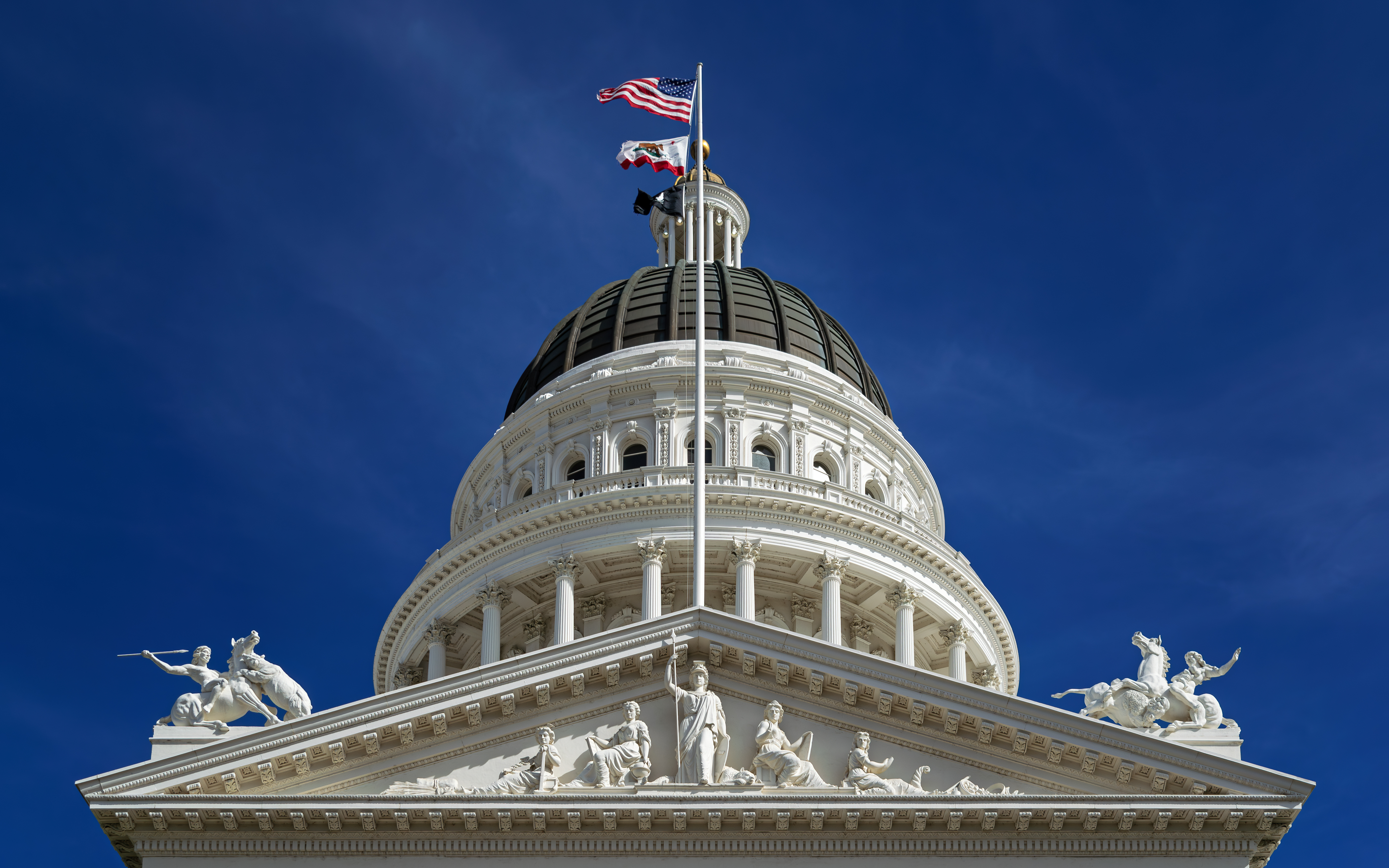A stunning security breach at the Ryder Cup has exposed dangerous vulnerabilities in the protective apparatus surrounding President Trump, raising urgent questions about inter-agency coordination and the integrity of our nation’s security protocols.
Detective Yonatan Eng of the NYPD managed to infiltrate the prestigious golf tournament while falsely claiming to work security for the former president. Armed and wearing tactical gear, Eng brazenly bypassed Secret Service and state police checkpoints by simply asserting federal authority—a deception that could have had catastrophic consequences if attempted by an actual threat actor.
The incident unfolded when tournament officials noticed Eng’s suspicious behavior and alerted authorities. Upon investigation, officials discovered that Eng had no legitimate role in presidential security operations and was, in fact, supposed to be on sick leave from his regular NYPD duties. The detective now faces administrative charges and suspension, but the damage to our security credibility has already been done.
This breach represents more than just one rogue officer’s misconduct—it illuminates systemic weaknesses in how we protect America’s leadership. The ease with which Eng penetrated multiple security layers suggests our protective protocols may prioritize bureaucratic convenience over genuine threat assessment. In an era where foreign adversaries and domestic extremists actively seek opportunities to harm American leaders, such vulnerabilities cannot be tolerated.
The incident also highlights the broader institutional rot plaguing blue state law enforcement agencies. Here we have an officer exploiting sick leave policies while simultaneously compromising national security protocols for personal gain. This pattern of abuse reflects the same progressive governance failures that have turned cities like New York into laboratories for institutional decay and public safety deterioration.
From a constitutional perspective, this breach strikes at the heart of executive protection—a fundamental requirement for maintaining the continuity of American leadership. The Founders understood that threats to our republic’s leaders represent threats to democratic governance itself. When security protocols fail, they don’t just endanger individuals; they undermine the constitutional order that depends on stable, protected leadership.
The economic implications extend beyond immediate security costs. Presidential events drive significant local economic activity, from tourism to hospitality services. When security failures occur, they jeopardize future events and the economic benefits they generate. Communities that cannot guarantee basic security protocols risk losing access to the presidential presence that energizes local economies and civic engagement.
Most concerning is how this breach occurred through simple deception rather than sophisticated intelligence operations. While our security apparatus focuses on complex threat scenarios, basic verification failures create exploitable vulnerabilities. This suggests a fundamental misalignment between threat assessment and actual security gaps—precisely the kind of bureaucratic blindness that characterizes failed globalist institutions.
The Secret Service and coordinating agencies must now conduct comprehensive reviews of verification protocols for all presidential events. The current system’s reliance on verbal claims of federal authority clearly requires technological and procedural upgrades. Enhanced credential verification, improved inter-agency communication, and stricter perimeter controls represent immediate necessities, not optional improvements.
Patriots should view this incident as both warning and opportunity. While the security failure is deeply troubling, it provides a chance to strengthen protective measures before more serious threats exploit similar vulnerabilities. The swift NYPD response in suspending and charging Detective Eng demonstrates that accountability remains possible when institutions function properly.
President Trump’s continued engagement with the American people at public events embodies the fearless leadership our nation requires. Despite security challenges and constant threats from political opponents, he maintains direct connection with patriots nationwide. This courage contrasts sharply with the bunker mentality that characterizes so much of Washington’s political class.
Moving forward, this incident must catalyze comprehensive security protocol overhaul across all federal protective operations. America’s leaders deserve protection systems that match our nation’s technological capabilities and strategic requirements. The alternative—accepting preventable vulnerabilities in presidential security—represents an unacceptable risk to constitutional governance and American leadership on the world stage.





